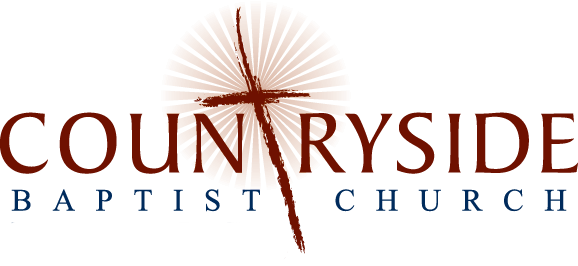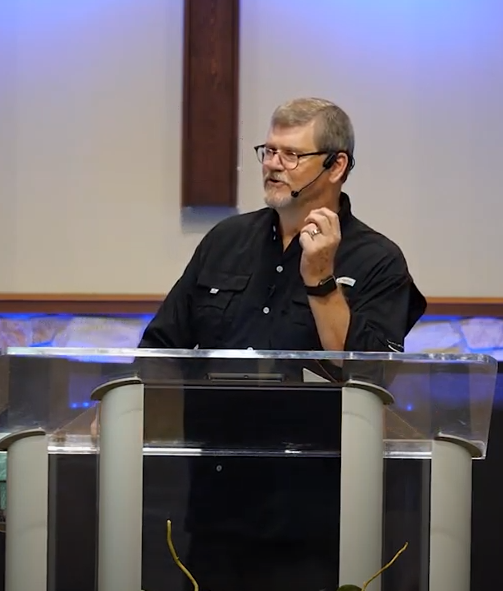Social Justice: Incompatible with Christianity | Genesis 18:19
Critical Race Theory? Intersectionality? Social Justice? What do these terms mean? Are these ideas the best answer to what ails America, or is there a better answer? If this nation truly wants to experience societal healing, the prescription for that healing is found in Genesis 18:19.










